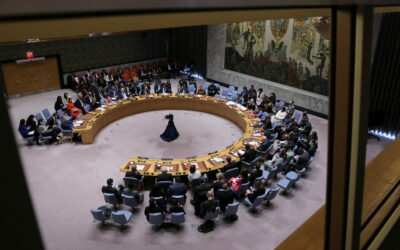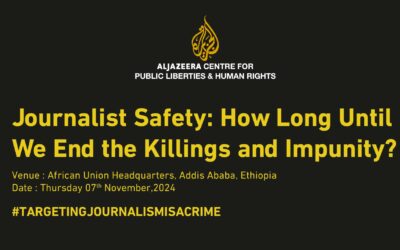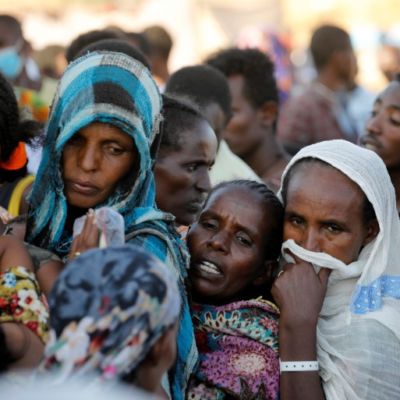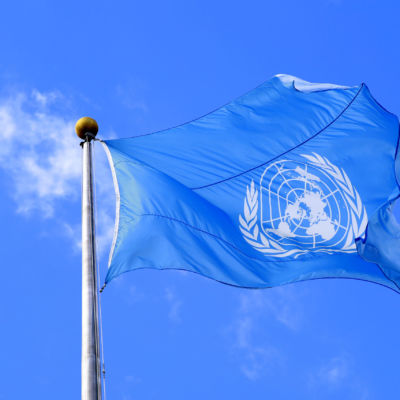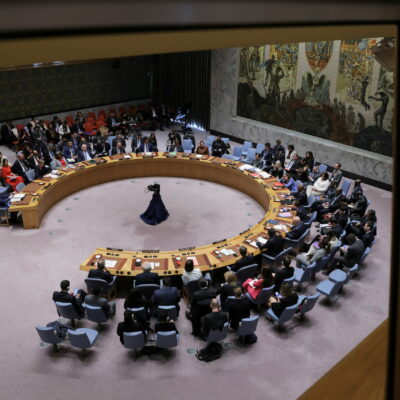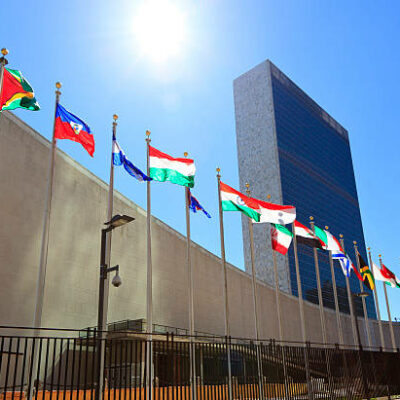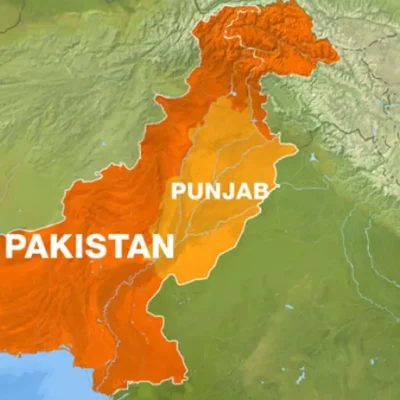When aid and aid conditionality become ‘human rights violations’
![Afghan National Army [ANA} soldiers near Kabul in 2020 [Reuters]](https://liberties.aljazeera.com/media/2021/08/1629119751.jpg)
Afghan National Army [ANA} soldiers near Kabul in 2020 [Reuters]
US aid to developing countries has long been considered a tool of human rights reform. But some believe aid can also constitute a form of human rights violations.
In July the US-based nonprofit organisation Democracy for the Arab World Now (DAWN) held a workshop to debate the human rights conditions the United States attaches to foreign aid. The workshop focused on US aid to the Middle East and attempted to answer questions such as whether state behaviour can be steered through providing aid.
According to DAWN, in practice, it is very rare that the U.S. government implements any human rights conditions to block U.S. support to abusive governments. At best, the conditions can be described as occasional, intermittent threats to withdraw a portion of aid.
Speaking to Al Jazeera, Sarah Leah Whitson, executive director of DAWN, describes continuous US military aid to countries such as Egypt and Israel as a ‘form of interventionism’ and an ‘abuse of international humanitarian law.’
According to Whitson providing economic and military support to abusive governments can amount to a form of ‘proxy warfare’ which allows unelected governments to abuse their own people.
The US government annually gives 1.3 billion dollar in military aid to Egypt. And US aid to Israel annually amounts to 3.8 billion dollar. It has been estimated that the US has contributed a total of $146 billion in military aid to Israel up to 2020.
Together with Afghanistan, Israel receives more military aid than any other country. Afghanistan received more than 4.9 billion in US aid in 2019.
‘Never propels reform’
Thanassis Cambanis, senior fellow at Century International said to Al Jazeera: ‘Aid will not make states go against their own interest. We should not pretend that we can save or control the behave of other states.’ Cambanis writes of the ‘fantasy of American leverage.’
In his workshop paper, No Strings Attached: Why Aid Conditionality Just Doesn’t Work, Cambanis stated that aid conditionality does not work. He writes ‘aid almost never propels reform and rarely alters the political behavior of recipient regimes at all—no matter the size of the aid package, how much of it is withheld, or whether it is for military or civilian use.’
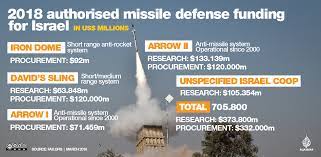
The workshop concluded that ‘while the cessation of support is unlikely to result in the ending of human rights abuses in these countries, it will end U.S. complicity in such acts.’ Participants however pointed out that stopping aid does not equate to ending all relations with aid-receiving countries. Cooperation can continue in areas where there are overlapping interests such as in the area of legitimate counterterrorism operations.
The primary conclusion of the workshop was that pressure should be put on the United States to not violate its own laws when it provides aid and to end Washington’s contribution to these human rights abuses. This means the full cessation of support to those Middle Eastern countries that engage in widespread human rights abuses.
- Most Viewed
- Most Popular


